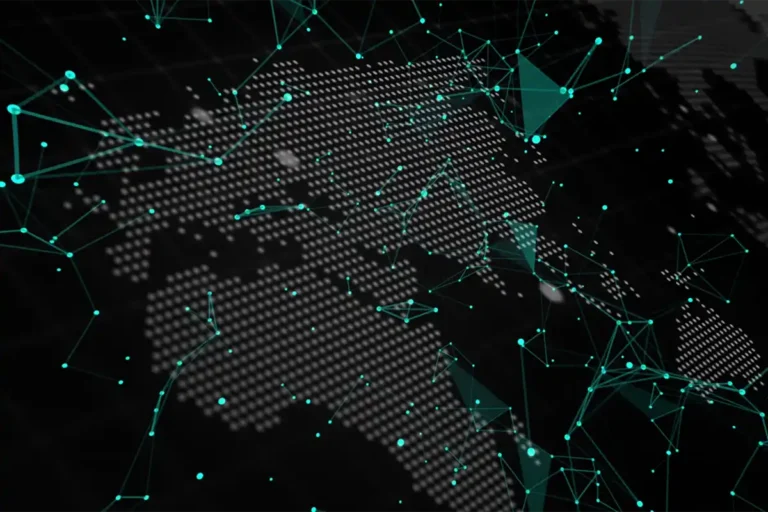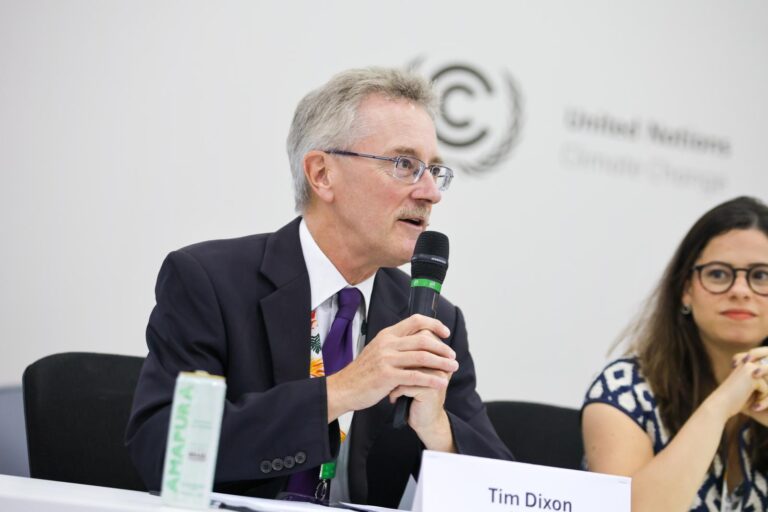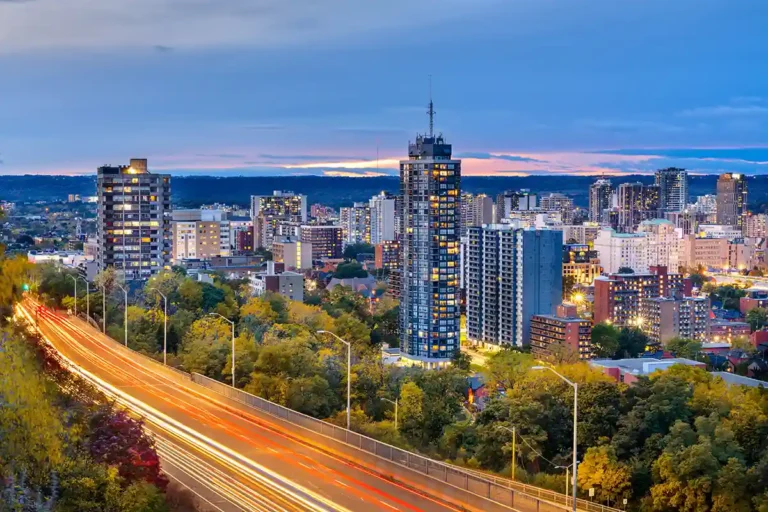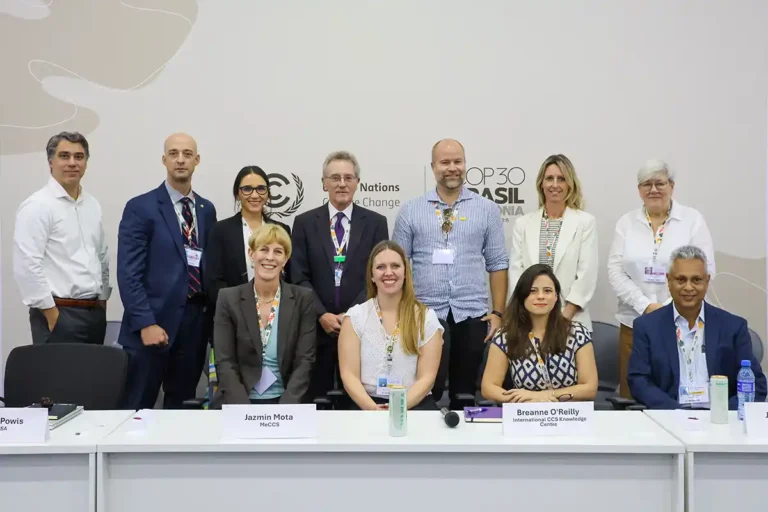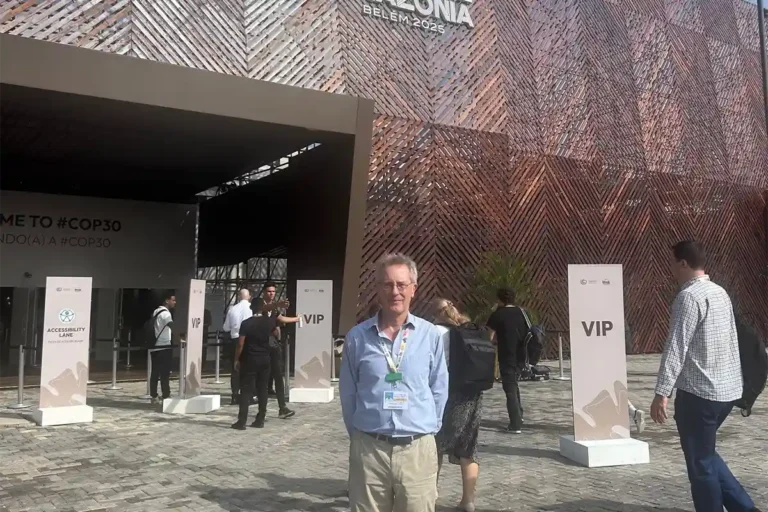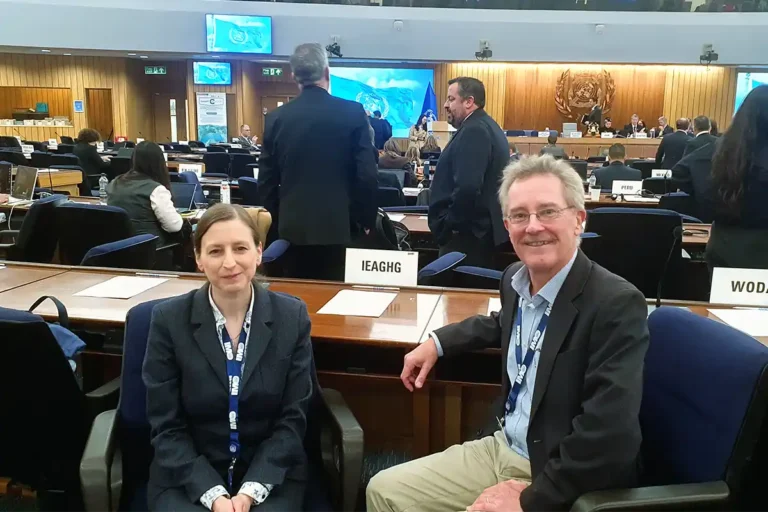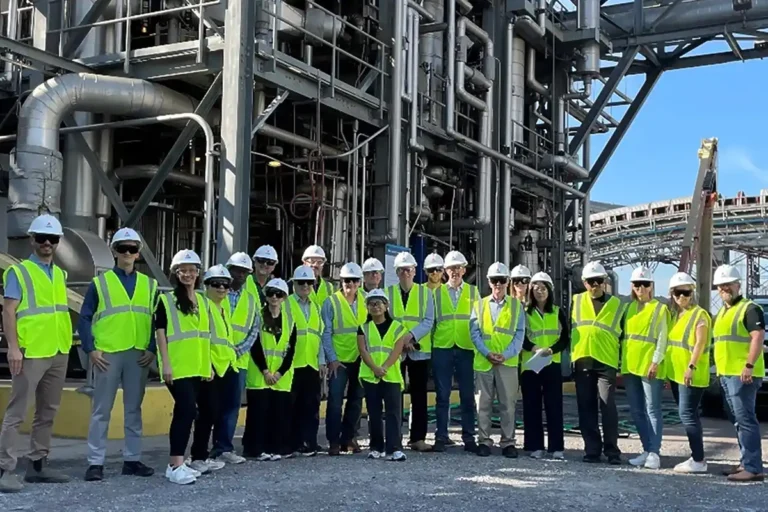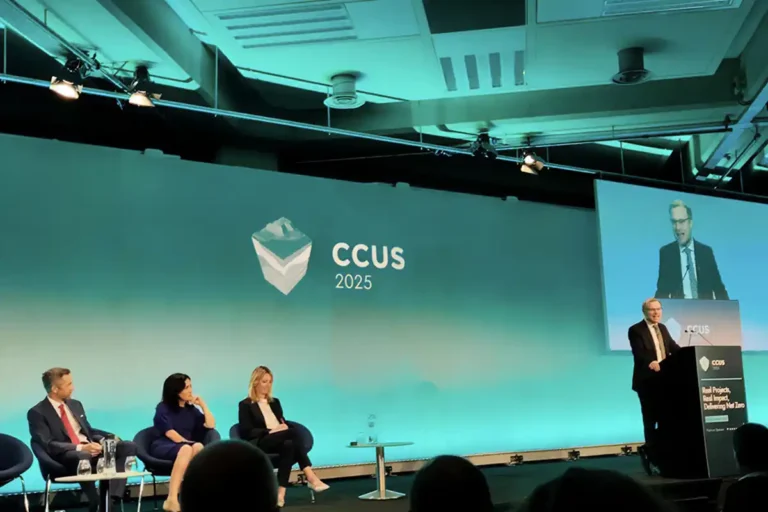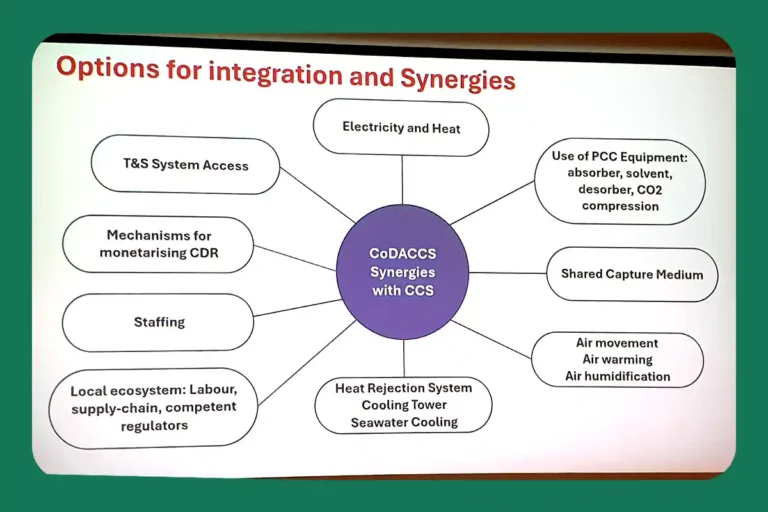
4th Offshore Workshop and visit to Northern Lights project
17 February 2020

Some 150 participants attended the 4th International Workshop on Offshore Geologic CO₂ Storage which was held jointly with the STEMM-CCS Open Science Meeting, and hosted by the University of Bergen, over 11-13 February.
The Offshore workshop series was initiated by the University of Texas Bureau of Economic Geology (BEG), and organised jointly with IEAGHG. This fourth workshop addressed and built on the recommendations from the third workshop, continuing the theme of ‘How to do’. It was observed that the recommendations from the third workshop had been acted upon by IEAGHG, BEG and others. The fourth workshop covered infrastructure, deep monitoring and modelling, regulatory frameworks, project updates from some 12 projects around the world, emerging CCS country needs and progress, a global sum-up, and brainstorming towards an international collaborative project. Updates were given on project activities in Norway, Brazil, Japan, USA, The Netherlands, UK, Australia, Trinidad and Tobago, Korea, Taiwan and the Baltic. In usual IEAGHG-style, the workshop ended by drawing conclusions, key messages, and recommendations from all the presentations, updates and discussions.
In terms of brainstorming towards international collaborative projects, some points were that researchers can be project incubators, and to enable for ambassadors to go and participate in other projects, to observe and share learnings.
A key conclusion identified the benefits for CCS deployment in learning from hydrocarbon activity knowledge, including significant cost reductions, especially with examples from Northern Lights. It was also recognised that many more offshore projects are now being planned or investigated, and that many of these are considering hubs with phase-in of sources, hence needing to oversize transport infrastructure at the start, and recognising that now CO2 can be exported thanks to the London Protocol. A technical aspect from several projects was around depleted fields having the challenge of pressure drop from well head to reservoir, hence needing management of CO2 temperature. Based on industry project perspectives, it was emphasised that MMV costs can be reduced by MMV strategies being risk-based and with a ‘tiered’ approach.
 Group photo of the Offshore CCS Workshop and STEMM-CCS Open Science attendees
Group photo of the Offshore CCS Workshop and STEMM-CCS Open Science attendees
Recommendations included to continue information sharing, such as with these workshops, the exchange of experiences, and getting more developing countries to these meetings. An important recommendation was regulatory, for authorities to consider re-use of infrastructure before requiring decommissioning. All recognised the great potential for offshore CCS, and the need to communicate this to governments and other stakeholders. As Nationally Determined Contributions (NDCs) under the Paris Agreement get updated, more countries will need to include CCS in them. So it’s important to make countries aware of their own potential for offshore CO2 storage, or potential for export to neighbouring countries with offshore CO2 storage. The CCS community would benefit from having offshore sites to practice and learn from, e.g. a well or a fault in an existing field that can be tested and investigated i.e. an offshore equivalent of CAMI site in Alberta.
On the final day a good number of the attendees were hosted by Equinor, learning more about the CO2 DataShare initiative for sharing seismic data from operational projects for modellers to use, and more detail about the Northern Lights project’s geology and site. This day concluded with a site visit to Northern Lights project’s proposed hub, called “CCS Base”, at Kollsness. This is thought to be the first international group to visit this proposed location for the CO2 receiving and transport hub. The global significance of this potential hub was appreciated by all attending, with the implications for stimulating CO2 capture from many industrial sources in Europe.
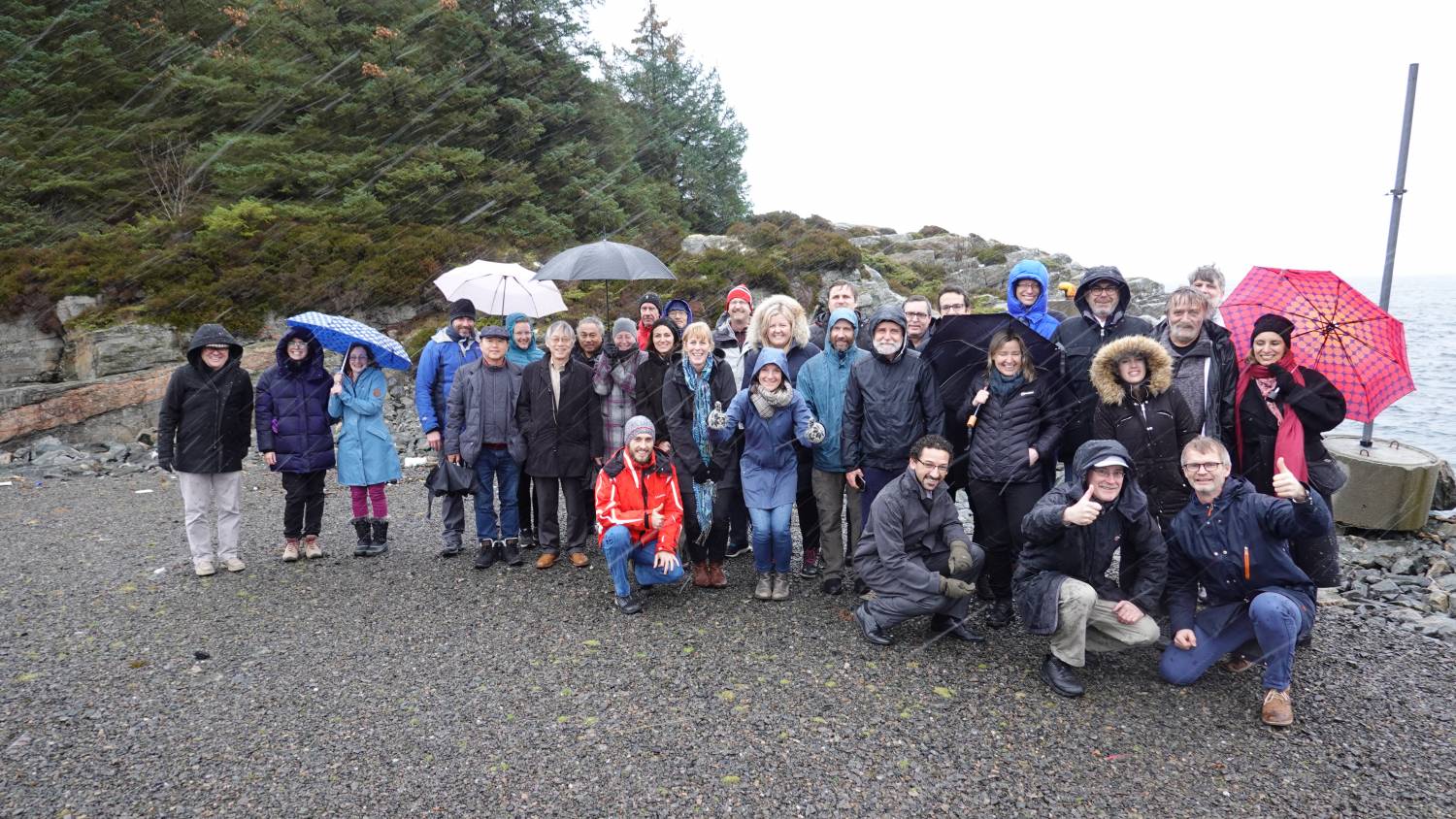 Workshop delegates visiting the proposal CCS Base hub location
Workshop delegates visiting the proposal CCS Base hub location
A report of the fourth Offshore CCS Workshop will be produced by IEAGHG, and presentations will be available on the BEG website. Many thanks to the University of Bergen for hosting and sponsoring, CLIMIT for sponsoring, and CSLF for supporting developing country delegates.
Tim Dixon
17 February 2020
Other articles you might be interested in
Get the latest CCS news and insights
Get essential news and updates from the CCS sector and the IEAGHG by email.
Can’t find what you are looking for?
Whatever you would like to know, our dedicated team of experts is here to help you. Just drop us an email and we will get back to you as soon as we can.
Contact Us NowOther articles you might be interested in
Get the latest CCS news and insights
Get essential news and updates from the CCS sector and the IEAGHG by email.
Can't find what you are looking for?
Whatever you would like to know, our dedicated team of experts is here to help you. Just drop us an email and we will get back to you as soon as we can.
Contact Us Now

